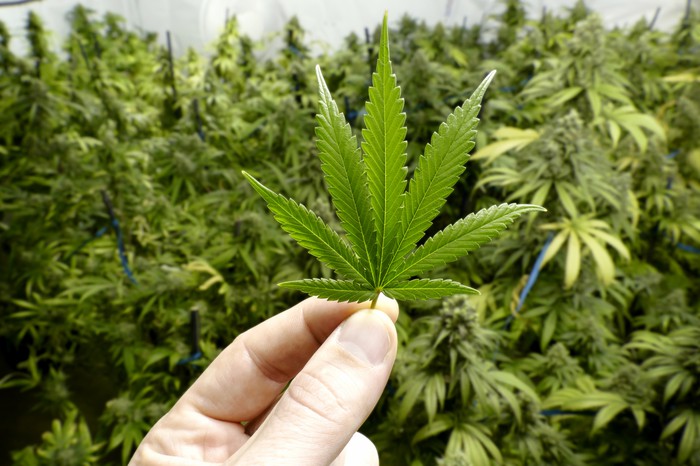Legalizing pot tied to less teen marijuana use

Marijuana legalization laws don’t appear to increase teen pot use and instead may have the opposite effect, a U.S. study suggests.
To see how teen marijuana use compares in states with and without such laws, researchers examined survey data on substance use collected from 1.4 million adolescents between 1993 and 2017. During that period, 27 states and Washington, D.C. legalized medical marijuana and seven states legalized cannabis for recreational purposes.
Medical marijuana laws didn’t appear to influence whether teens used marijuana, the study authors reported in JAMA Pediatrics.
Recreational marijuana laws, however, were associated with an 8% decline in the odds that teens would report trying cannabis in the previous 30 days and a 9% decrease in teens reporting frequent use.
Reduced supply may explain why, said lead study author Mark Anderson, an associate professor in agricultural economics at Montana State University in Bozeman.
“It may actually be more difficult for teens to obtain marijuana as drug dealers are replaced by licensed dispensaries that require proof of age,” Anderson said. “Selling to minors becomes a relatively more risky proposition after the passage of these laws.”
The study wasn’t a controlled experiment designed to prove whether or how legalizing marijuana might directly alter teen use. State laws legalizing recreational marijuana generally focus on adult use and don’t permit sales to minors.
Other studies have linked marijuana to a range of behavioral and emotional problems in teens. Some previous research also suggests that effects of marijuana use may be more pronounced in teens because adolescence is a period of rapid brain development.
It’s possible legalizing marijuana leads more parents to talk to kids about the risks of drug use, said Rebekah Levine Coley, a professor of developmental and educational psychology at Boston College who wasn’t involved in the study.
These laws may lead to “increased parental supervision or discussions between parents and adolescents regarding the dangers of marijuana use in reaction to legalization and the resultant increases in political and news attention and perceived availability,” Coley said by email.
For these conversations to have the intended effect, parents need to listen, not just lecture, said Dr Ellen Rome, head of the Center for Adolescent Medicine at Cleveland Clinic Children’s in Ohio.
“Have frank discussions with your teen, where you ask first what they believe about teens and marijuana use before and after legalization,” Rome, who wasn’t involved in the study, said by email. “Then share your own beliefs, and encourage dialogue - and ask what they believe will help prevent youth from using illegally.”
